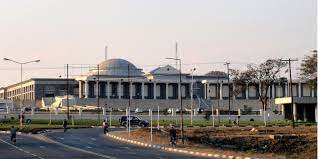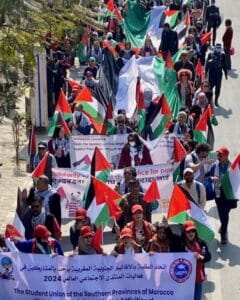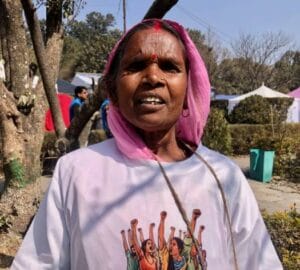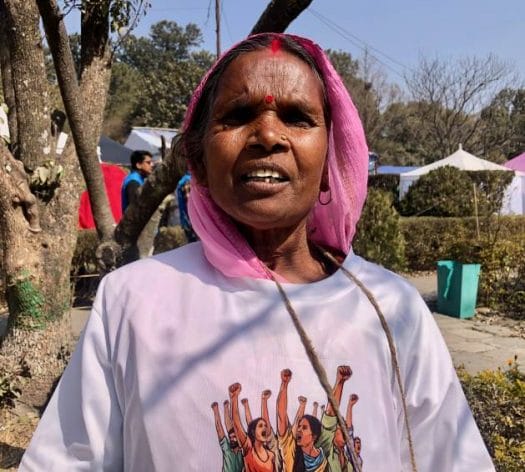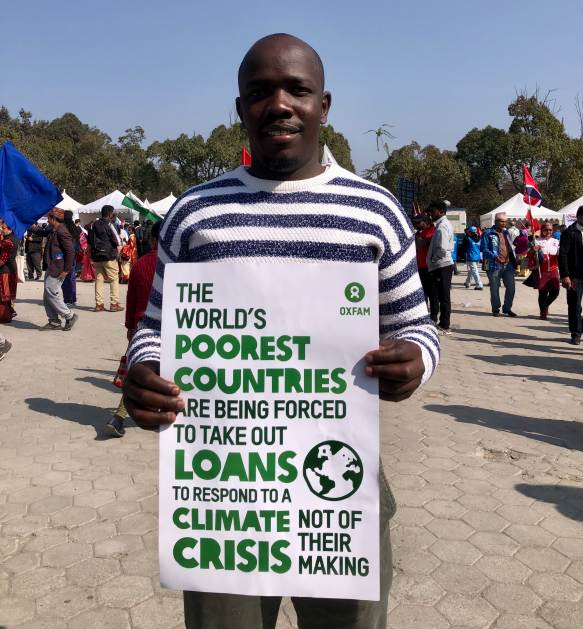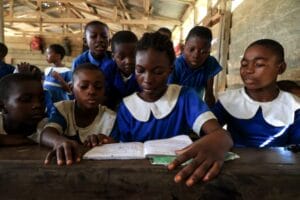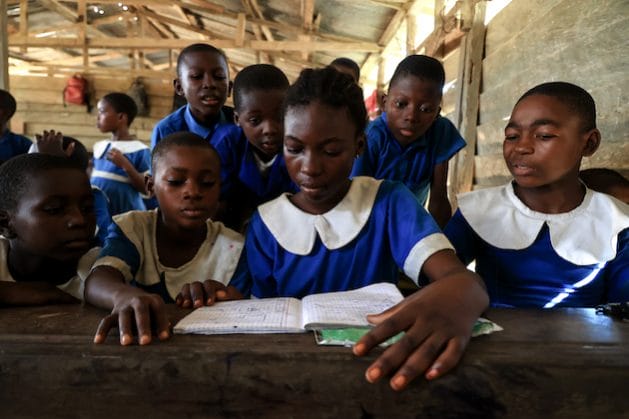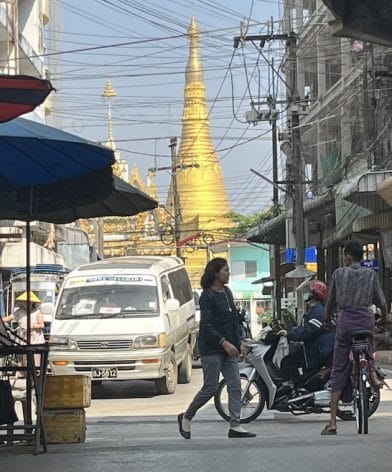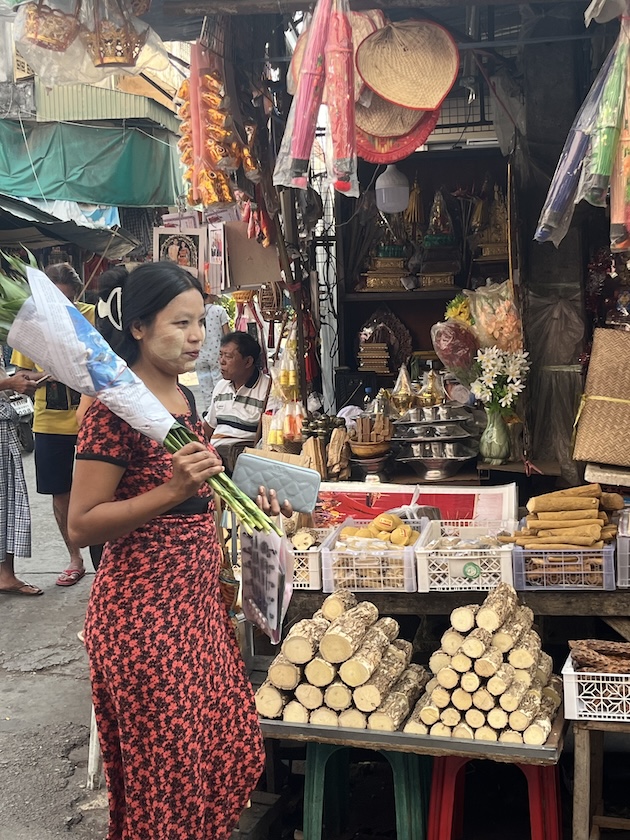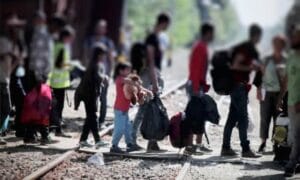
Civil Society, Headlines, Human Rights, Inequality, Migration & Refugees
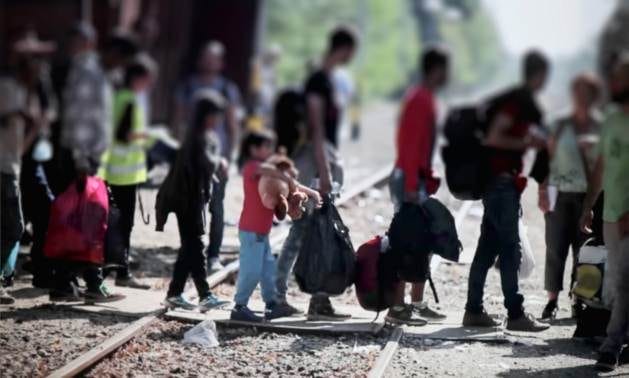
“Governments are not motivated to fix migrants’ issues because the money they send home keeps their economies running” Credit: Shutterstock
– As involuntary migration rises around the world, partly in response to the impacts of climate change, justice for those leaving their homes and families to earn a living is largely missing, said activists meeting at the World Social Forum (WSF) in Kathmandu on Sunday.
In various sessions, participants from Europe, northern Africa and Latin America detailed governments squeezing doors shut on migrants trying to enter their countries. Disturbing stories from Asia focused on individuals falling victim to employers and traffickers as their governments looked the other way while profiting from migrants’ income remitted home.
The WSF ends in Nepal’s capital Kathmandu on Monday. During the annual event global activists gather to discuss issues ranging from education to debt relief, legalization of sex work, and poor farmers’ lack of control over their land and resources.
“One of the women we talked to told us that she had to sleep with six to seven men daily for six months. The saddest part is the employer’s wife regularly gave her a pill so she wouldn’t get pregnant,” said a researcher with the Bangladeshi organization OKUP. “Another worker was diagnosed with colon cancer: his employer sent him home without paying a single bit of his salary.”
OKUP hosted the session, Climate Change, Migration and Modern Slavery, to share its report documenting the treatment given to migrant workers from coastal regions in Bangladesh who were forced to leave after the impacts of climate change destroyed their farms and other livelihoods.
Research found that 51% of households migrated after being hit by cyclones, floods, salt water intrusion in their fields, erratic rainfall and other climate disasters. “There is no sustainable adaptation opportunities for them. In most cases people receive assistance from the government after disasters, but there is no sustainable assistance. That’s why people rely on loans to rebuild their houses or restart their farming activities,” said OKUP Chairperson Shakirul Islam.
“Before they can repay the money they experience the next cycle of climate emergency,” he added, making them desperate to go earn money elsewhere in the country or abroad.
Eighty-six percent of those displaced migrate within the country; 14% internationally. En route 90% face excessive fees, 81% do not get a promised work permit and 78% have their salaries held back. “I strongly believe that the same situation is present in other countries in South Asia,” said Islam.
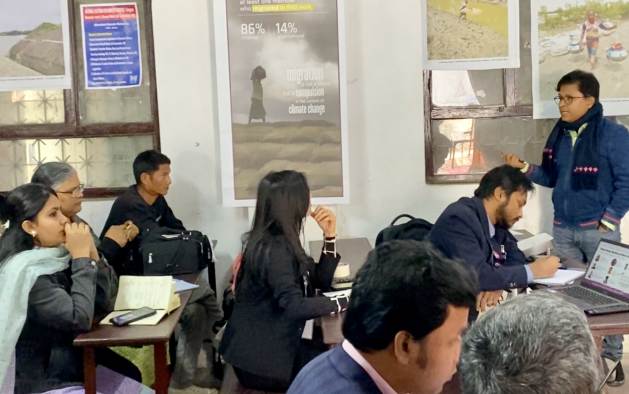
Shakirul Islam, Chairperson of the Bangladeshi organization OKUP, (standing far right) introduces the session Climate Change, Migration and Modern Slavery at the World Social Forum on Sunday, Feb. 18. Credit: Marty Logan/IPS
Malaysian activist Sumitha Shaanthinni Kishna cautioned the group to not blame climate change for the migrants’ problems. “The fear I have is governments using climate change to justify migration. They will say ‘that’s why we have to send our migrants out’. They have done this to justify migration due to poverty.
“The discussion has to be that climate change is real and how the government’s policies are contributing to climate change,” added Kishna, from the organization Our Journey, which provides legal support to migrants and refugees.
In another discussion in another classroom just minutes later and only metres away, activists from India were learning about a hotline created after COVID-19 to help migrant workers in distress. In less than one year, the Migrant Assistance and Information Network has responded to 800-plus calls, said its director, Dr Martin Puthussery.
The cases include 40 deaths (19 accidents, 15 accidents, 6 suicides), 20 instances of forced labour and 16 cases of legal aid or mediation, involving wage theft, delayed payments illegal confinements and imprisonments.
During the question-answer session a participant from northern Bihar state noted that migration is a must because “everything is closed down. Where do the people of Bihar go to earn their livelihood?”
“Can we ourselves create small industries?” she asked. “We can’t depend on the government.”
Governments are not motivated to fix migrants’ issues because the money they send home keeps their economies running, said Arie Kurniawaty from Solidaritas Perempuan in Indonesia at one of the day’s last sessions, Call for Migration Coordination within the WSF in Kathmandu.
“The basic problem is the perspectives of our governments, which think that migrant workers are a commodity… They will try to send many migrant workers abroad without considering if their situation will be good or bad,” added Kurniawaty.
Other speakers in the session, which covered France, Africa, Palestine and Latin America as well as Asia, noted rising numbers of migrants but increasing hostility to them, led by governments.
In Latin America, governments’ actions are linked to rising racism and xenophobia, said Patricia Gainza from the World Social Forum on Migrations. “This is nothing new but in this case we’ve had some very bad decisions by governments, like Peru, who invite people to come but later, for political reasons, pushed them out.”
In Europe, the New Pact on Migration and Asylum, of December 2023, “encourages informal and confidential agreements between European countries and migrant-sending countries that are not legally binding, so that the European Parliament will not have to ratify them,” said Glauber Sezerino of the Paris-based Centre de Recherche et d’Information pour le Développement. “The pact tries to encourage more and more of this kind of agreement, so you can expect more violation of human rights” of migrant workers, he added.
In North Africa, governments are increasingly dominating debate on migration policies, “leaving little room for civil society,” said Sami Adouani of FTDES Tunisia. In February 2023, a xenophobic speech by Tunisian President Kais Saied targeted migrants from sub-Saharan Africa. That triggered an exodus but also “exposed those remaining migrants to more institutional violence,” he added.


